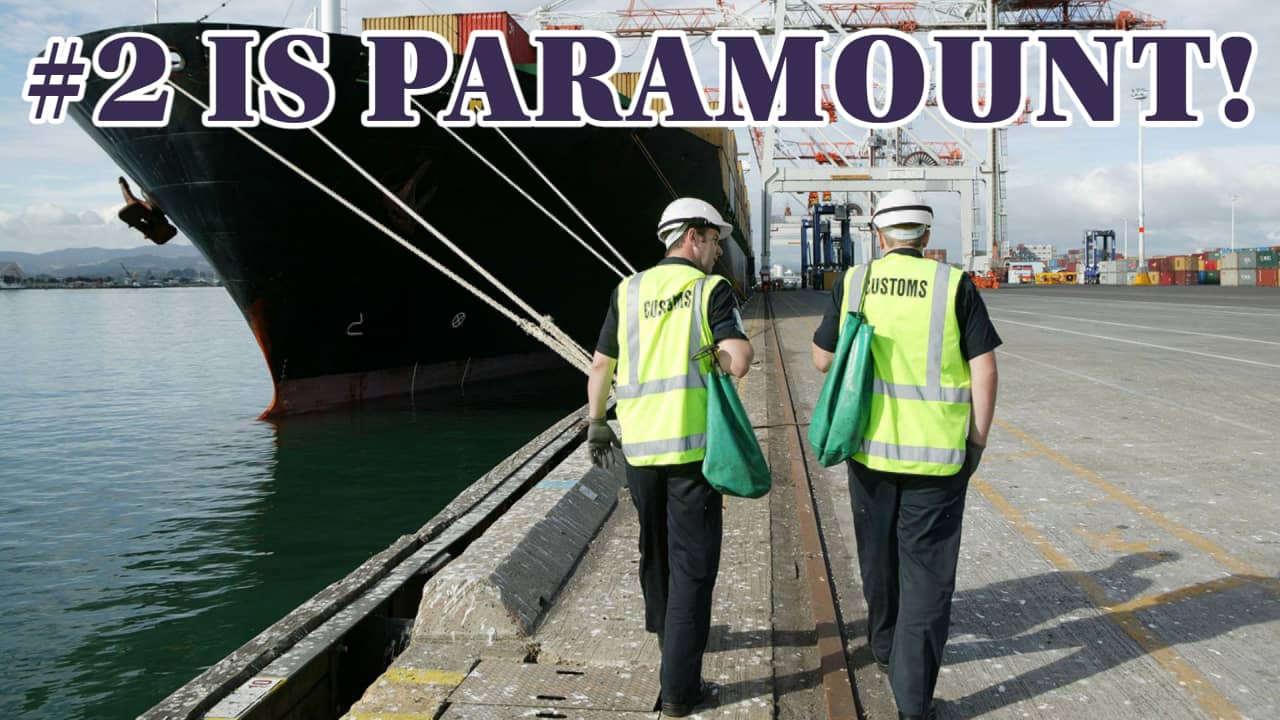
Importing Into NZ? Have You Considered These 6 Risks?
4-minute read
Thinking about importing goods into NZ? Perhaps you can access better prices or superior quality overseas? Or maybe you’ve identified a market for goods that just can’t be sourced locally?
But importing into NZ is more complicated than it may seem at first. The risks are significant if you don’t know what you’re doing. To give your venture the best chance of success, it’s best to learn the risks before you start such business.
Risks of importing into NZ:
1. NZ Customs & Bio-security laws
New Zealand has relatively strict laws on goods that can and cannot be brought into the country, to protect our delicate natural environment and agriculture industry. Before you bring goods into NZ, it’s imperative that you find out:
- Whether you can legally import the goods, and
- Whether there are any special requirements for the goods you’re importing.
Check the New Zealand Customs website for a list of prohibited and restricted goods, before you do anything else. You may need to get approval from the Ministry for Primary Industries, which deals with bio-security concerns.
2. Costs of importing into NZ
There are more costs associated with importing into NZ than just the costs of goods and shipping. You may be surprised by just how much it will cost you to get your goods through Customs when they arrive. Aside from the obvious costs of shipping, you should also consider the costs of:
- Storage
- Cargo insurance (click to read more)
- Customs clearance costs
- Import GST
- Import Duty
You might also need to consider the cost of finance and specialist services like Customs Brokers and Freight Forwarders. An experienced Customs Broker like Easy Freight can help you calculate what it will cost to bring your goods into NZ, so you can decide whether there is sufficient return on investment to make it viable for you.
3. Exchange rate fluctuations
When you’re buying goods in another currency, fluctuations in the exchange rate can quickly turn a good deal into one that could potentially bankrupt you.
You can mitigate this risk by asking your supplier to quote in New Zealand Dollars instead. Or alternatively, purchase a ‘forward contract’ from your forex broker, to secure the current exchange for an amount you agree. The other option is to add an exchange rate risk to your margin and carry the risk yourself.
4. Cash flow concerns
Importing is particularly cash flow intensive for two key reasons – economies of scale make it more efficient to place large orders, and long delivery times mean working capital can be tied up for many months.
To reduce the impact on your business, establish creative payment terms with your supplier. Instead of paying in full on delivery, ask for a time payment. Anything from 30 days to 180 days is normal in the import business. Negotiate until you reach terms that suit you and your supplier. Check out Methods of Payment: Terms, Conditions and Alternative Financing Sources for more ideas.
5. Quality control & returns
The distance between you and your supplier is much greater than when you source locally. This applies to geographical distance, but equally to cultural and language differences. This can make it more difficult to deal with quality control or to return faulty goods. If you’re working on a tight timeline to get your imported goods to market, you could find yourself having to accept sub-standard goods because you can’t source a replacement in time.
Make sure you source reputable suppliers and ensure your terms cover you for non-delivery, late delivery or inferior goods. Having backup suppliers and shipping insurance in place will also help to minimise the risks.
6. Trading terms
Importers and exporters worldwide use common trading terms developed by the International Chamber of Commerce called ‘Incoterms’. You’ll need to understand these and make sure you’re buying on terms that work for you before you place your order. Talk to a freight forwarder like Easy Freight to help you understand these terms, and decide which terms are best for you.
Of course, it isn’t an exhaustive list of all the risks associated with importing to NZ. If you’re new to importing, you might want to consider employing an experienced professional like Easy Freight to help guide you through the process of bringing goods into NZ.
P.S. Easy Freight Ltd helps New Zealand importers & exporters to save money on international freight and reduce mistakes by guiding how to comply with Customs and biosecurity rules.
➔ Contact us now to learn how we can assist you.
